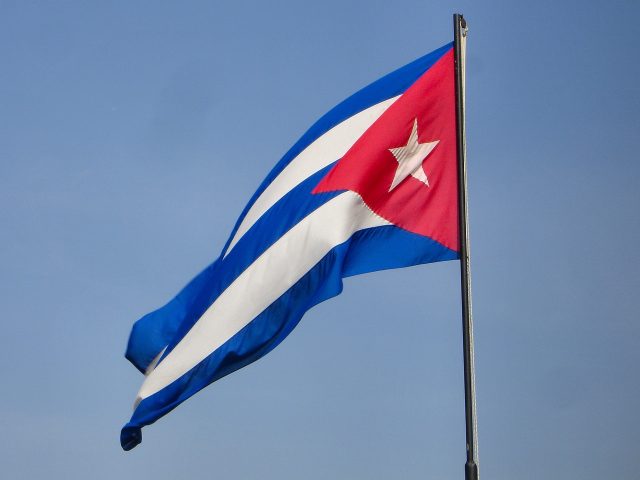
The EU’s Highest Representative for Foreign Affairs and Security Policy Borrell, Announced the Creation of a Fund for the Island Activities
Josep Borrell, during his official visit to Cuba, confirmed that the European Union remains Havana’s main trading partner, despite the limitations due to the historic restrictive measures imposed by the United States. In addition to the fruitful relationship with Cuban entrepreneurs which sees it account for about a third of all foreign trade, the European Community is the main source of tourists for the island, more than ever were nations such as Russia and China. Based on these reports, Borrell himself announced the establishment of a 14 million of euros fund to support small local businesses to further solidify the relationship of mutual respect.
The meeting took place during a planned two-days visit focused on the third joint council established by the Political Dialogue and Cooperation Agreement (PDCA) between Cuba and the European Union and chaired by local Foreign Minister Bruno Rodriguez Parrilla. A government note from Havana highlighted the importance of the opportunity to discuss bilateral relations, regional and global issues.
The meeting in Cuba preceded, by a few weeks, the one between the European Union and the countries of Latin America and the Caribbean (CELAC) and which is considered very important in view of a sensitive development of relations between the two areas. The summit will be conducted by the rotating presidency of the EU, entrusted to Spain and will serve above all to set the guide for a strategic rapprochement with Latin America, considered, especially in the last period, a fundamental region in the dynamics of new technologies linked to the ecological transition context. In fact, the Latin countries are notoriously rich in rare earths, necessary for the development of electric recharging devices, and with a strong food and energy potential.
In the coming weeks, the resumption of relations between the European Union and the area of economic integration which includes Argentina, Paraguay, Brazil and Uruguay (Mercosur) will be extremely important for the ratification of the free trade agreement between the parties. The dialogue is expected to be greatly simplified by the fact that the executive spokesmen of Mercosur and the EU are respectively delegates from Brazil and Spain, nations that already enjoy excellent trade relations. Another important node of the planned discussions will concern the fears of the European Commission on the potential competition of the South American food industry.
Negotiations between the two areas of the world only resumed on 8 March in the capital of Argentina, after decades of postponements and misunderstandings linked, in fact, to the partial disagreement in relation to the duties imposed on agri-food products imported from Latin America into Europe. At the moment the negotiators have defined the roadmap to try to solve the problems still outstanding and close the agreement by the end of the first quarter, so as to make it ready for signatures already in the second half of the year when the rotating presidency of the EU will be Spanish.
The main agreement would broadly eliminate trade tariffs from about 90% of products imported and exported from both areas and would be fully completed within a decade of signing but, it appears, it would not include products defined particulars, such as cars, which would suffer a partial tariff cut and within 15 years. Such an agreement could increase European GDP by 0.1% until 2032 and that of the Latin American countries involved in the deal by 0.3%, with a market that would involve around 800 million individuals. Now, for the entry into force of the new regulations, the practice provides for the official approval by the Council of the European Union, ratified by the Parliament and the same must take place in South America by the corresponding bodies.
Alessandro Fiorentino



 Subscribe
Subscribe